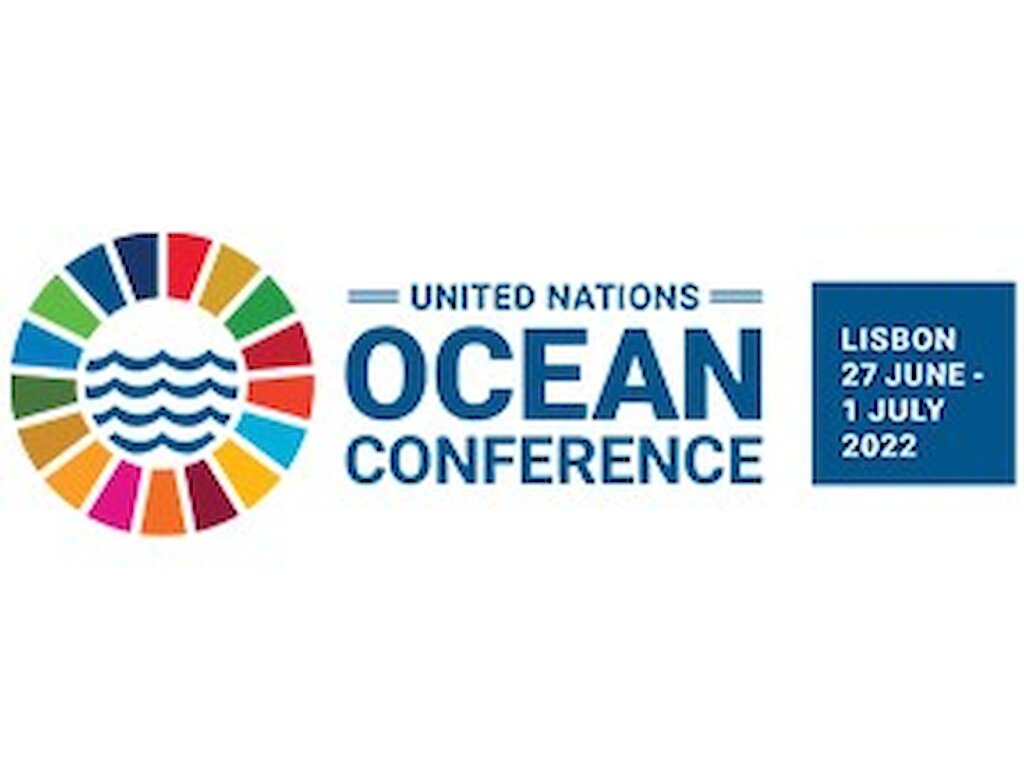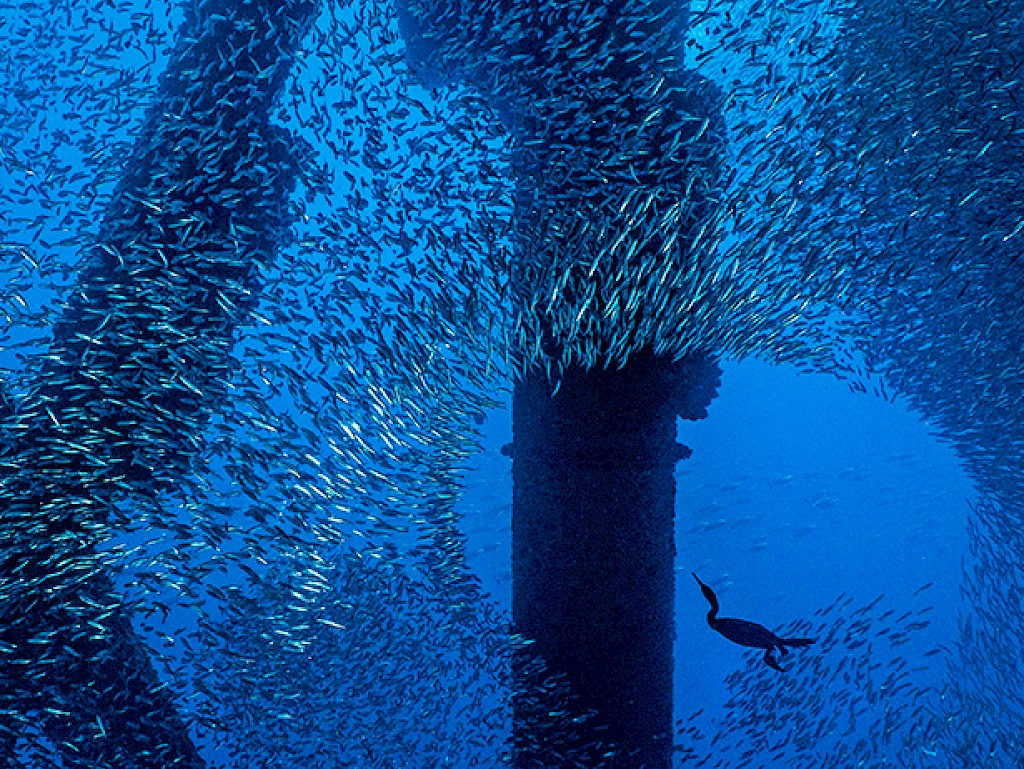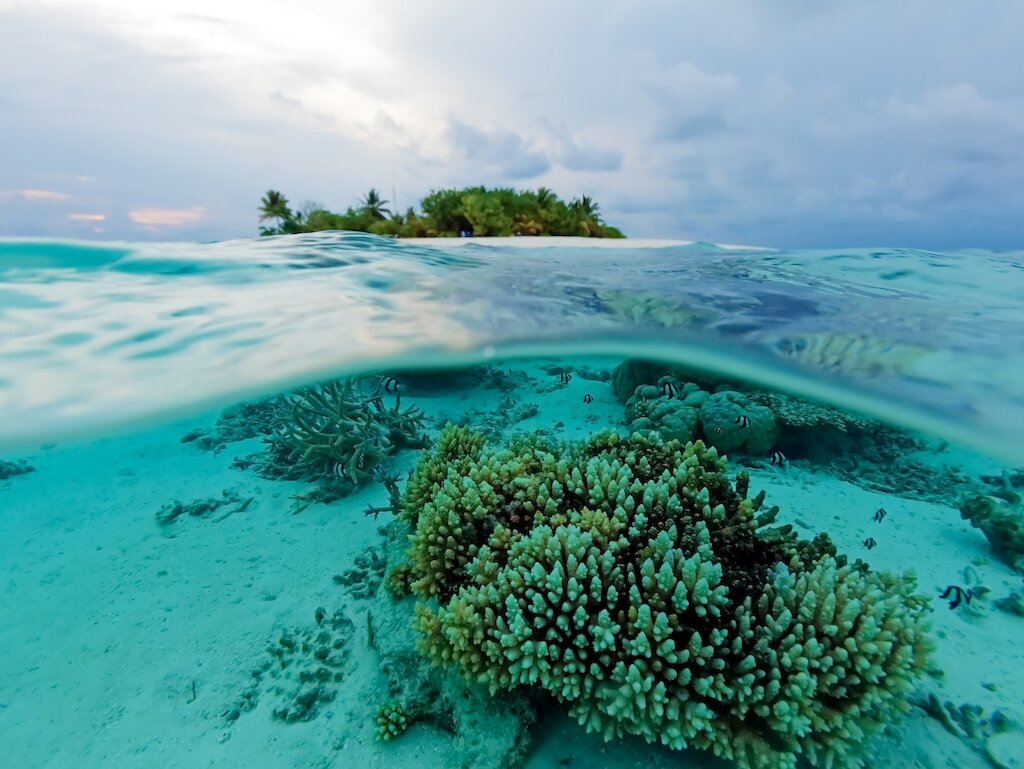The ocean produces at least 50% of the planet’s oxygen, it is home to most of earth’s biodiversity, and is the main source of protein for more than a billion people around the world. Not to mention, the ocean is key to our economy with an estimated 40 million people being employed by ocean-based industries by 2030.
UN World Oceans Day
World Oceans Day reminds every one of the major role the oceans have in everyday life. To mark the occasion, Ipieca highlights how the oil, gas and alternative energy industry can contribute to the well-being of the ocean and Ipieca guidance which can help it to do so.
Decarbonising shipping
Shipping is a key driver of the global economy, however, as an industry it produces greenhouse gases (GHGs) which in addition to contributing to climate change also acidify the oceans.
Ipieca works with the IMO on its analysis of life cycle GHG emissions of shipping fuels and the development of alternative lower-carbon shipping fuels. We also work with a wide range of stakeholders to identify ways to make cleaner marine fuels more readily available to ship owners around the world.
Relevant Ipieca resources
Ipieca’s work on cleaner fuels and products
Exploring low-emissions pathways for transport
Supporting the Global Biodiversity Framework
Launched at the UN Convention on Biological Diversity (UN CBD) COP15 in 2022, the Global Biodiversity Framework (GBF) sets out 23 actions to support a nature positive future. This includes the ‘30 x 30’ target which calls for the protection of 30% of the worlds terrestrial and marine habitats by 2030 and a target on the sustainable management of aquaculture.
Ipieca’s work on biodiversity is underpinned by the UN CBD and most Ipieca guidance is already aligned with the GBF targets and includes guidance on protecting and enhancing marine life and operating near protected areas. Indeed, the third Ipieca Principle (a condition of membership) commits Ipieca members to support the aims of the UN CBD.
Ipieca also supports cross sector and inter-agency efforts to share industry marine knowledge and technology to enhance ocean health and marine biodiversity.
Relevant Ipieca resources
Ipieca’s role at the UN CBD COP 15
A guide to developing biodiversity action plans
Offshore environmental good practice
The offshore oil and gas industry operates in a variety of environments, including coastal waters, deep waters and estuaries, as does the emerging offshore wind sector.
Ipieca supports companies to manage and mitigate potential impacts on areas around offshore operations by developing and sharing good practice on a range of topics including environmental impact assessments, the mitigation hierarchy and the treatment of waste water. We also work to ensure that offshore projects enhance benefits for, and avoid or mitigate impacts to, coastal communities.
Ipieca provides guidance and tools to prevent oil spills during drilling and transportation, as well as spills of other fuels. While prevention remains the priority, through our guidance, Ipieca supports companies in their preparation for incident response, as well as through training and capacity programmes run as part of the Global Initiative, established by Ipieca and the IMO.
Relevant Ipieca resources
Environmental management in the upstream oil and gas industry
A cross-sector guide for implementing the mitigation hierarchy
Biodiversity and ecosystem services fundamentals
Offshore impacts to fisheries: practitioner guidance for social baselines
SDG 14: Life below water
UN Sustainable Development Goal (SDG) 14 is to conserve and sustainably use the oceans, seas and marine resources for sustainable development. With more than two-thirds of the earth’s surface covered by oceans there is a clear link between the integrity of marine ecosystems and human well-being.
The Ipieca-WBCSD SDG Roadmap outlines actions that the oil and gas industry can take across the thematic areas of climate, nature and people to accelerate action on ten priority SDGs, including SDG14 Life below water. The Roadmap’s biodiversity, land and water stewardship impact pathway includes short, medium and long term recommended actions to enhance ocean well being and marine ecosystems including:
- Sharing marine data for use in public and private databases
- Contributing to sustainable shipping practices throughout the value chain
- Financing joint industry projects related to sustainable ocean management
The Ipieca-UNDP-IFC SDG Atlas maps the contributions that the industry can make to each of the 17 SDGs. For SDG14 Life below water, the Atlas make the case for companies to:
- Incorporate environmental assessments into management plans
- Minimize and address the rate of ocean acidification
- Transfer and share marine technology
- Coordinate biodiversity research
It includes links to guidance in these areas and case studies showing the benefits of incorporating these actions into a company’s business.
Relevant Ipieca resources
Accelerating action: An SDG Roadmap for the oil and gas sector
Mapping the oil and gas industry to the Sustainable Development Goals: an Atlas
Webinar: Introducing 'Accelerating action: an SDG Roadmap for the oil and gas sector
SDG Roadmap progress report: 2023
Turning the tide of ocean health
Ipieca and its members will continue to raise awareness of the importance of oceans and provide the guidance and tools to enable the oil, gas and alternative energy industry to ensure that coastal, and marine ecosystems are protected, and that use of their resources is sustainable and equitable.



